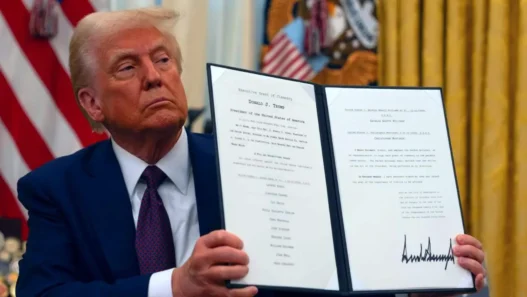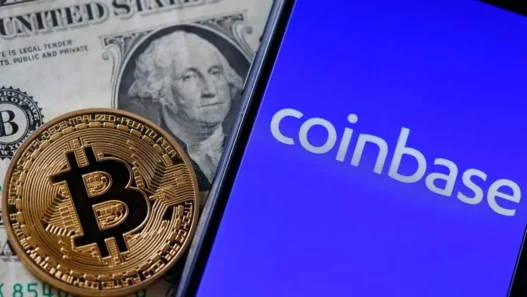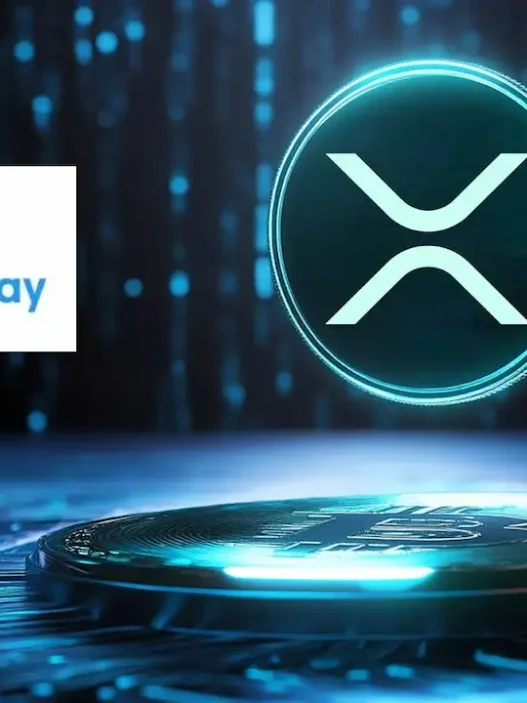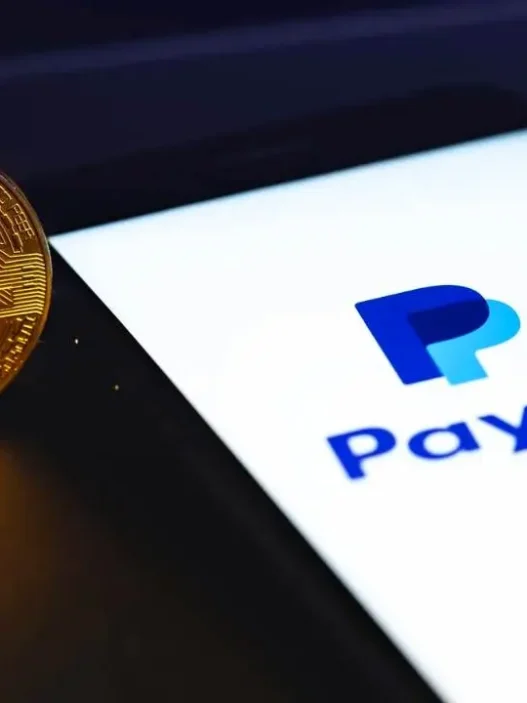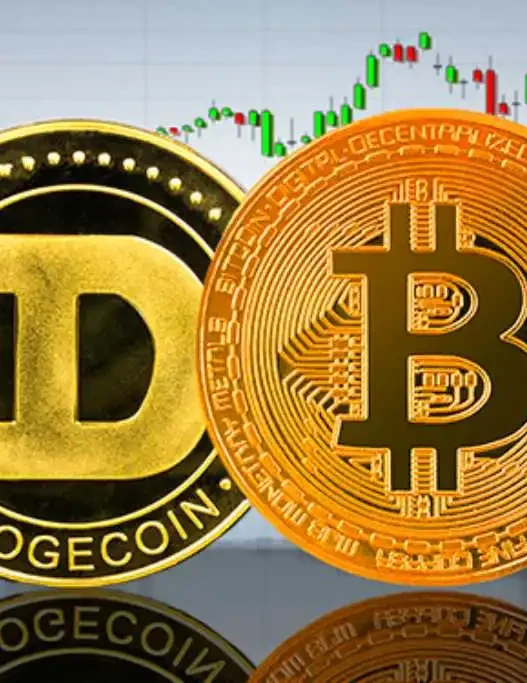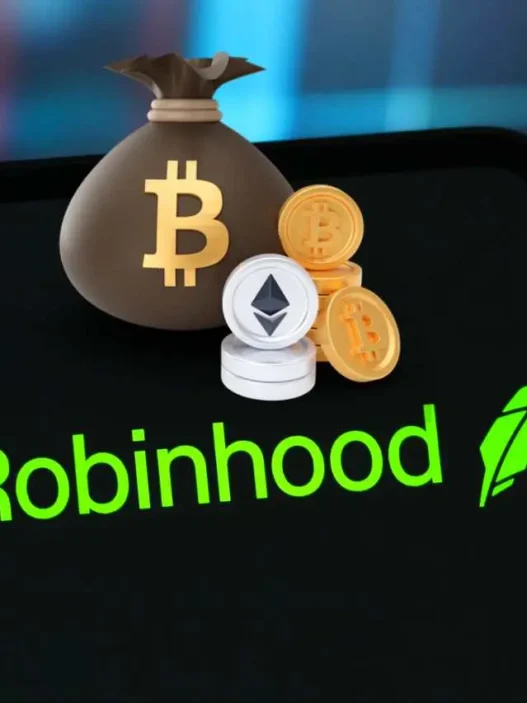Tyler Winklevoss, a co-founder of Gemini, has accused JPMorgan Chase of severing banking ties with the cryptocurrency exchange in retaliation for his public criticism of Jamie Dimon, the bank’s CEO. In the continuous conflict between traditional finance and the digital asset sector, the assertion has generated fresh controversy.
Winklevoss claimed in a post on X (formerly Twitter) that JPMorgan “unbanked” Gemini a few weeks after he denounced Dimon’s anti-crypto position at a high-profile congressional hearing. Winklevoss said the banking cutoff was abrupt and had no justification, which sparked worries about political and ideological bias in legacy financial institutions.
A Battle of the Worlds: Crypto vs. TradFi
Winklevoss has been outspoken for a long time about what he perceives to be institutional opposition to the revolution in cryptocurrency. His most recent charge implies that financial institutions such as JPMorgan are not only dubious about cryptocurrency, but are actively trying to discredit it.
The decision’s timing has stoked rumors of gatekeeping and retaliation, particularly in light of Dimon’s repeated claims that cryptocurrencies are “fraudulent” and “worthless.” Critics contend that if big banks start denying access to cryptocurrency companies because of the views of executives, it creates a risky precedent for financial justice and free enterprise.
Although JPMorgan has not publicly addressed the allegation, the incident has rekindled discussions about discrimination in banking access and the dangers of centralized financial control over cryptocurrency companies.
Given that the exchange still has other institutional ties, Gemini may find the loss of JPMorgan as a banking partner to be inconvenient but not disastrous. However, the action highlights how, even in 2025, banking access for cryptocurrency companies is still precarious and politically sensitive.
Also read: Finder Wins Landmark Case Against ASIC Over Crypto Yield Product





